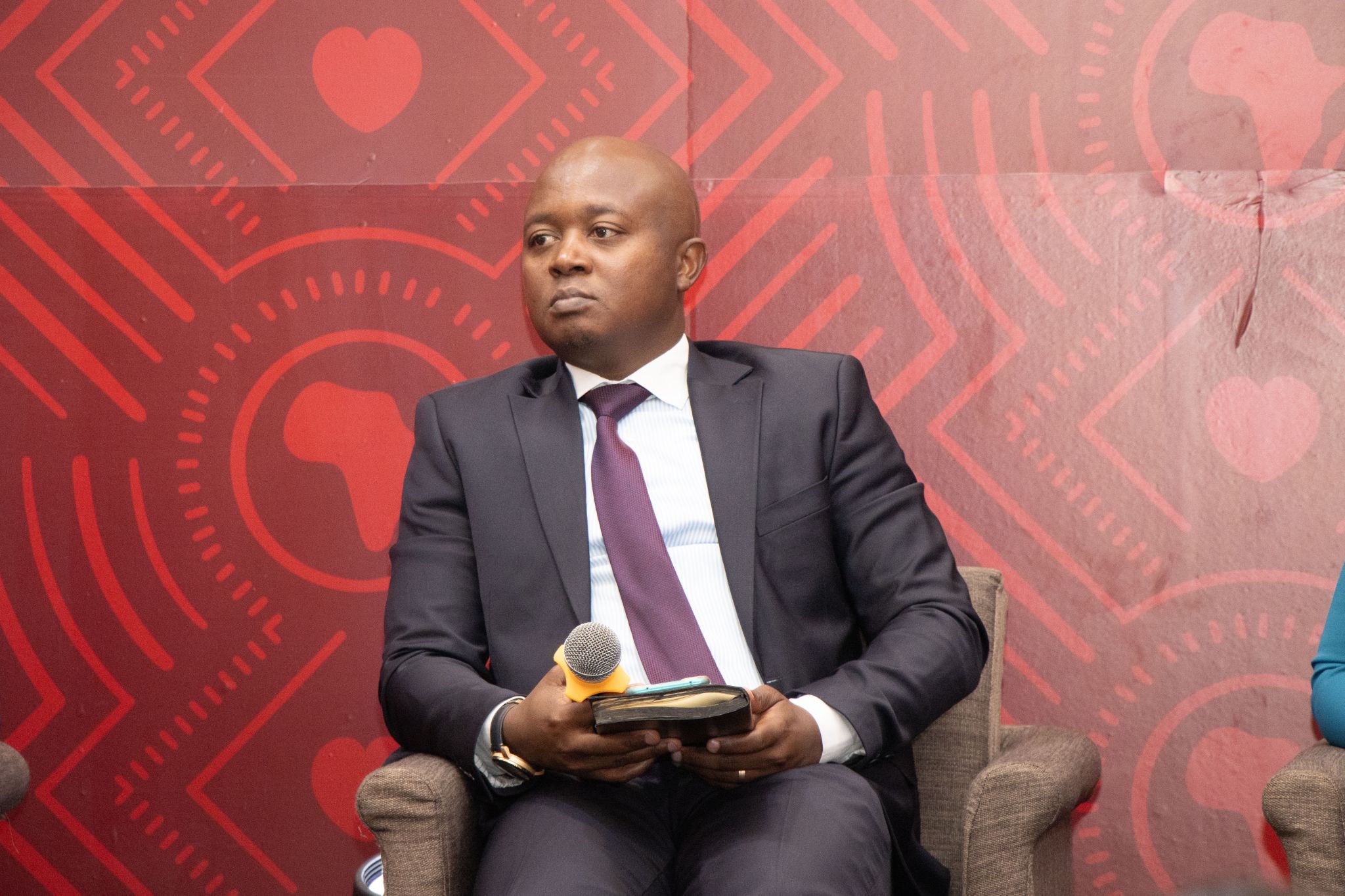Sports has over the years emerged into a multi-faceted and dynamic sector that positively impacts societies and economies worldwide.
This vast sector encompasses various sub-categories that include professional sports, sporting goods and merchandise, food and nutrition, and the burgeoning eSports market.
According to Statista.com, the global sports industry generated approximately Sh70.6 trillion ($487 billion) in revenue in 2022 and was projected to grow at a compound annual growth rate of 5.2 percent between 2022 and 2023.
By 2027, the global sports market is expected to be worth over Sh90 trillion ($623 billion).
Kenya’s sports industry carries profound socio-economic and cultural significance. On the economic front, the country is increasingly reaping from the involvement of the public and private sectors in sports, as it now encompasses various components ranging from infrastructure construction, trade in sports goods and merchandise, as well as organisation of live sporting events.
Read More
In the past decade, Absa has invested more than Sh1.2 billion in Kenya’s sports sector ranging from athletics, football (through its sponsorship of the English Premier League), and golf.
Indeed, the Government of Kenya has recognised the tremendous opportunity to build a robust sports economy value chain in the Bottom-up Economic Transformation Agenda (BETA), with the establishment of training facilities, manufacturing of sports apparel and provision of key equipment as well as the sponsorship of international sporting events having been identified among the major economic drivers on the sports front.
Kenya now stands out as a strategic destination for golfing events such as the Magical Kenya Ladies Open and the just-concluded Magical Kenya Open (MKO) which has steadily grown into one of Kenya's most prestigious sporting events.
The annual golf tournament, which was first held in 1967, is currently one of the biggest annual sporting events in Sub-Saharan Africa.
MKO has also contributed immensely to the promotion of Kenya as a global golfing and sports tourism destination.
The brand value that this annual tournament creates for Kenya is vast considering that the tournament is beamed live to at least 500 million households worldwide in well over 100 countries, courtesy of its elevation to the DP World Tour.
According to YouGov, an international online research data and analytics technology group, the Magical Kenya Open 2023 recorded a Net Sponsorship Value of $41.7 million from 2,422 hours of coverage.
This was a major boost in showcasing Destination Kenya to the world.
To illustrate this further, the recent Magical Kenya Ladies Open (MKLO) held at the PGA Baobab Course in Vipingo Ridge was a truly unforgettable event.
During the tournament, play was briefly halted to allow a herd of majestic giraffes to cross the golf course, creating a global spectacle that was viewed by millions of people across the world, a testament to the power of sports in promoting Kenya’s tourism and the unrivalled beauty and diversity of Kenya's natural landscape to the rest of the world.
Looking back at how the Kenya Open tournament has evolved over the last five decades, one cannot help but appreciate the critical role that corporate sponsorship has played in the evolution of the tournament; with Absa’s involvement in the event over the last 14 years.
Over this time, the tournament has been transformed from a local tournament to an European Challenge Tour event and now a major global tournament under the DP World Tour.
Through combined sponsorship from the government and corporate organisations, this year’s tournament’s prize purse rose to Sh270 million (€1.75 million), thereby attracting elite golfers from all over the world.
Local professional and amateur golfers continue to benefit immensely from the exposure they receive through the support of corporate sponsorships for their preparation and participation in the tournament.
This speaks to the important contribution that sponsorships can make towards player development and job creation within the sports arena.
Corporate sponsorship of sports events also represents an investment in the overall wellbeing of the society as it provides the much-needed financial support that enables sports event organisers to create better experiences for participants and fans.
As has been the case with MKO, well organised sports events create an influx of spectators and visitors who in turn contribute to increased business activity among local enterprises that participate in supplying goods and services during sports events, thereby creating multiplier effects that enhance economic opportunities for all.
This is especially true at this time given the prevailing challenging economic environment where every coin earned matters. Corporate sponsorships can immensely contribute to the elevation of the contribution of sports to the economy.
As more corporate sponsorships flow into local sporting events, there is potential for increased opportunities that will create growth frontiers to empower our population.
Peter Waweru is the Head of Brand and Marketing at Absa Bank Kenya





-1753808187.jpeg)



 shares a light moment with the company's Group CEO Dr Patrick Tumbo (right) at a past event-1758121528.jpeg)
-1758116028.jpeg)

